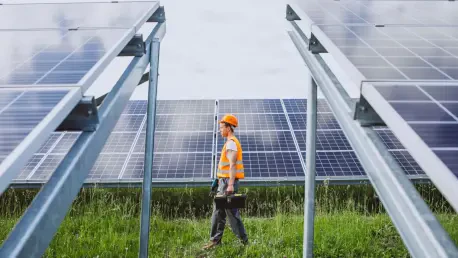Recent revelations concerning Chinese-manufactured solar power inverters have raised significant security concerns following the discovery of potentially harmful communication devices embedded within these critical components. These inverters connect solar arrays to the power grid, enabling remote monitoring and control. However, previously undisclosed communication channels found within these devices pose a threat, potentially allowing unauthorized circumvention of firewalls, which could destabilize power grids, damage infrastructure, and even trigger blackouts.
Energy industries heavily reliant on Chinese-manufactured components, including solar panels and other renewable technologies, are under increased scrutiny due to China’s prominence in producing power inverters. Security experts warn that Chinese companies’ legal obligations to comply with their government’s intelligence directives may compromise foreign power grids, leaving them vulnerable to remote interference. This risk was emphasized when several inverters in the United States were reportedly disabled remotely, illustrating the potential threat foreign influence poses to local electricity supplies.
In response, U.S. lawmakers are advocating for legislative and regulatory measures to counter this threat. The Decoupling from Foreign Adversarial Battery Dependence Act reflects the growing concerns over dependence on Chinese-made strategic infrastructure. While specific legislation targeting inverters hasn’t been introduced yet, administrative moves like banning Huawei products and boosting domestic manufacturing capacities are underway. Collaboration between the Department of Energy and allied agencies aims to ensure the integration of secure equipment into the national power grid. Despite China’s denial of any intent to disrupt power grids, the discovery of rogue devices underscores the risks posed to global energy infrastructure reliant on Chinese technology.









